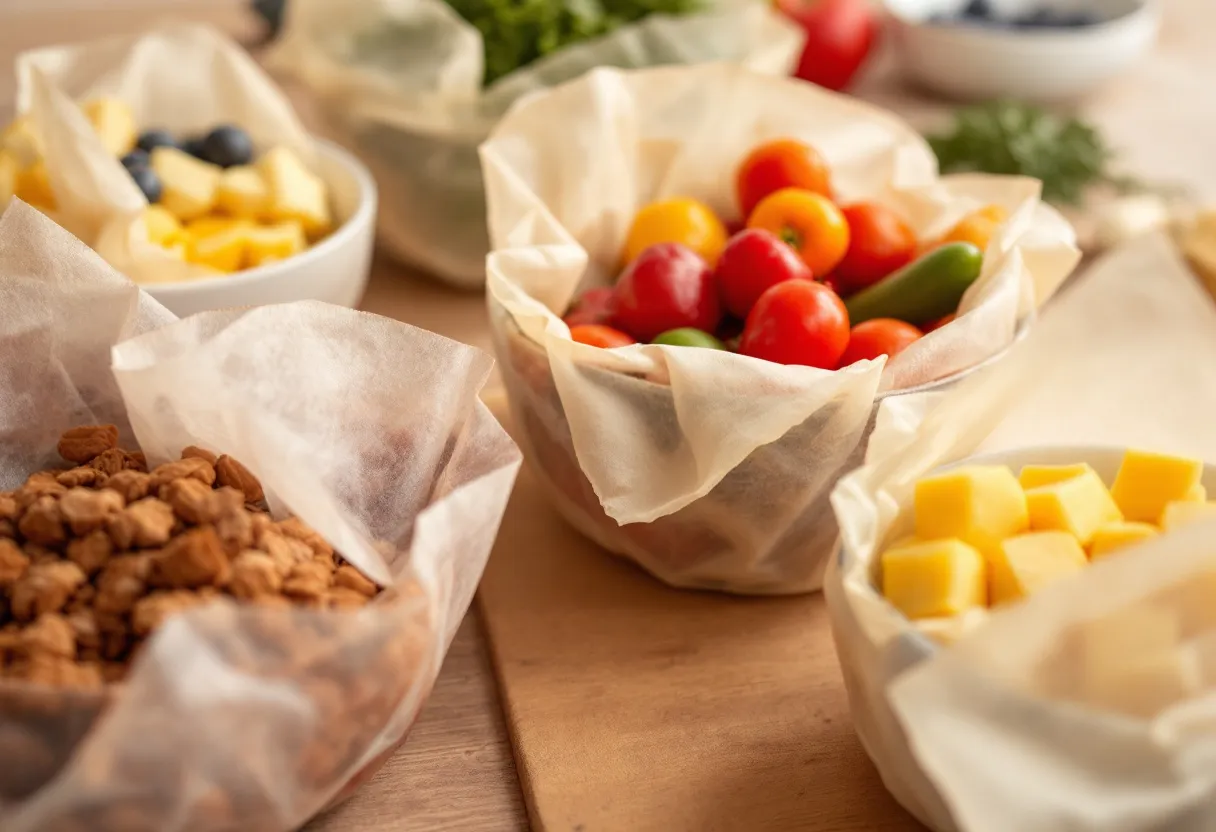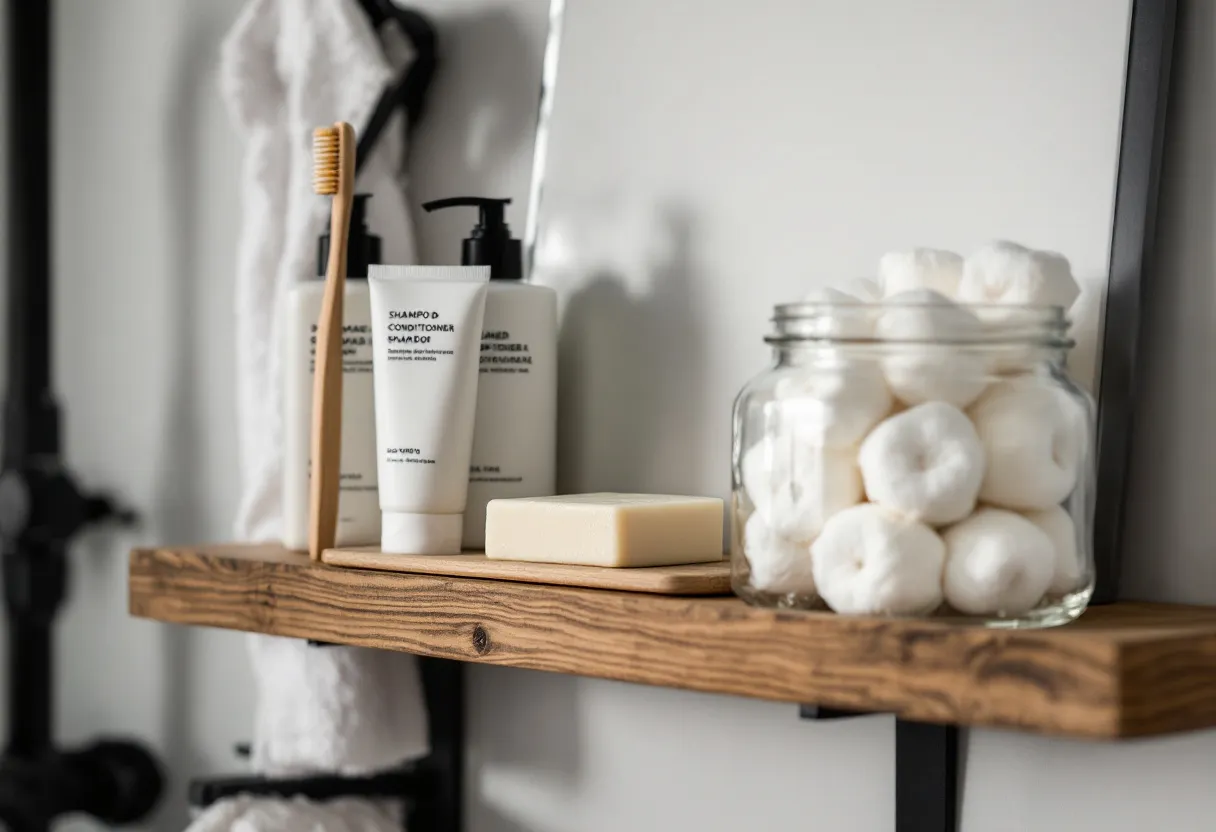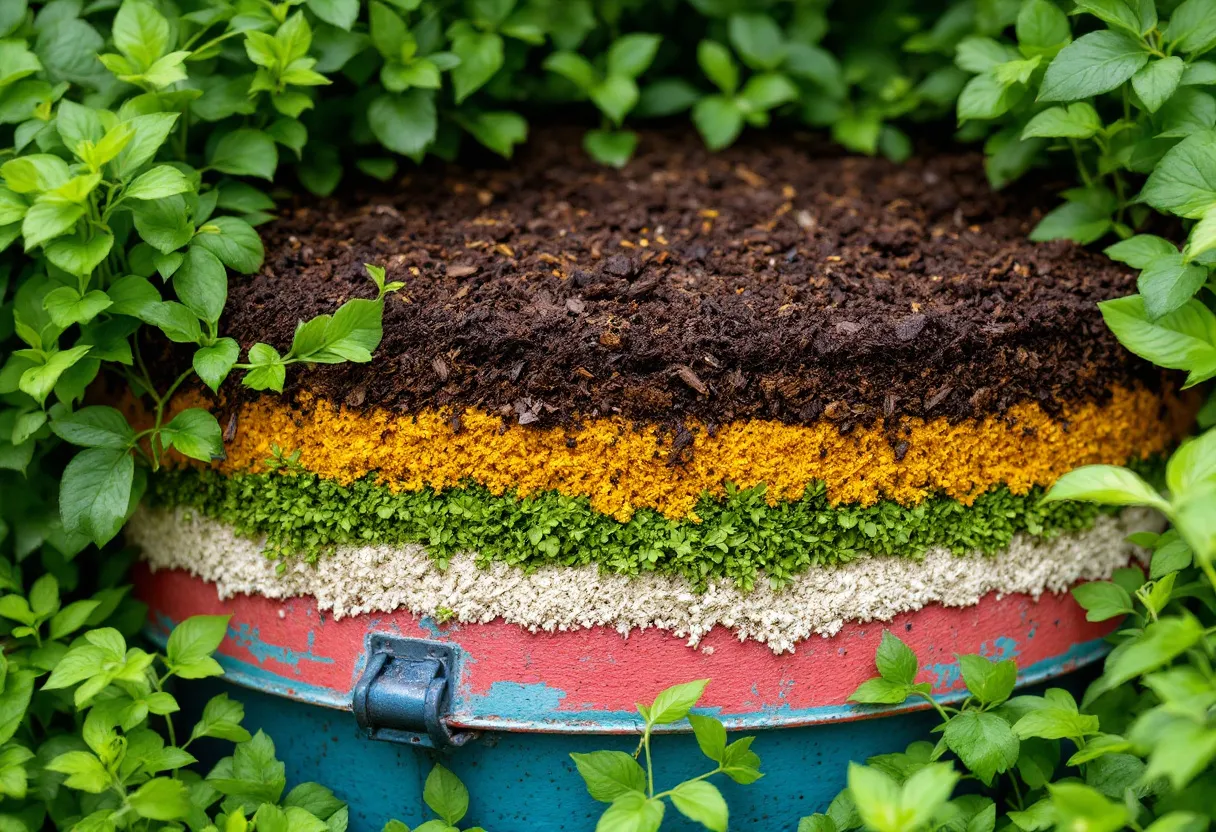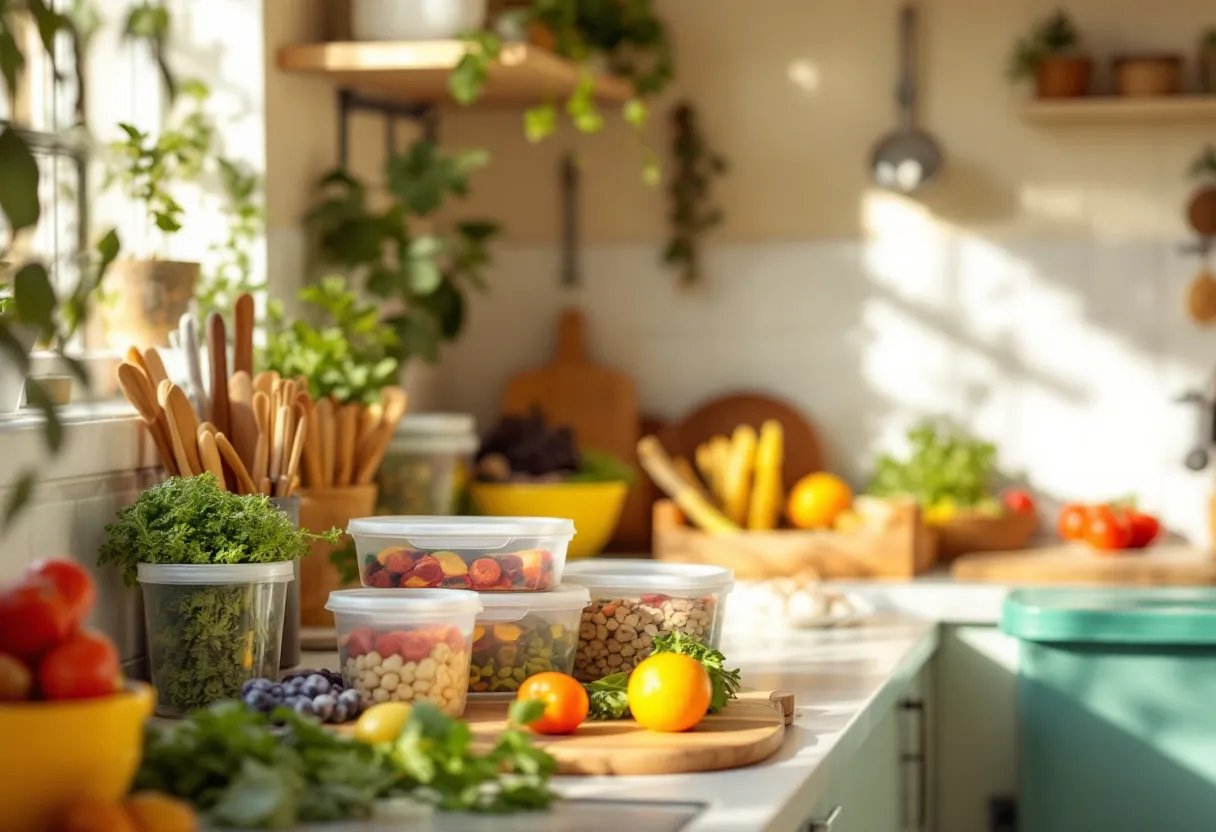Bonjour, mes amis! Lise Dubois here. After years at the CNRS and working with local municipalities here in Lyon, I’ve seen firsthand the mountain of waste we create. It’s a bit frightening, isn’t it? But the good news is, making small changes in our homes can have a big impact. And honestly, it’s not about some grand, impossible shift; it’s about those little everyday choices. Things like ditching the plastic wrap for beeswax wraps, or finally getting around to starting that compost bin. So, let’s dive into some simple swaps that can help you reduce your household waste and live a little greener.
The Kitchen: A Battlefield of Waste
Ah, the kitchen! A place of culinary creation, but also, let’s face it, a major source of waste. From single-use plastics to food scraps, it can feel overwhelming. But don’t despair! There are plenty of easy swaps you can make.

Food Storage
Plastic wrap and bags are a plague! I used to buy so many every week. Thankfully, there are now brilliant alternatives. Beeswax wraps are fantastic for covering bowls, wrapping sandwiches, and keeping fruits and vegetables fresh. They’re reusable, biodegradable, and, frankly, quite beautiful. You can even make your own! Glass containers are also a great option for storing leftovers and pantry staples. Invest in a good set, and you’ll never need plastic containers again. And for those bulk items? Bring your own reusable bags to the store. It feels good to say “no” to those plastic bags.
Cleaning Up
Sponges! They are breeding grounds for bacteria and end up in the landfill. Switch to reusable cloths or brushes made from natural materials like bamboo. They’re just as effective and much more sustainable. For dish soap, consider buying in bulk and refilling your own dispenser. Or, even better, try a solid dish soap bar. It eliminates the need for plastic bottles altogether. My grandmother used to make her own cleaning solutions with vinegar and baking soda – and her house was always spotless! I’ve started doing the same. It’s amazing how effective simple, natural ingredients can be.
The Bathroom: Beyond the Plastic Bottle
The bathroom is another area where we tend to accumulate a lot of unnecessary waste. Think about all those plastic bottles of shampoo, conditioner, and body wash! It’s a plastic ocean in there. But fear not, there are fantastic alternatives.

Personal Care Products
Shampoo and conditioner bars are a game-changer. They last longer than liquid shampoos, eliminate plastic bottles, and are often made with natural ingredients. I was skeptical at first, but now I’m a convert! You can also find solid versions of body wash, facial cleanser, and even shaving cream. Bamboo toothbrushes are another easy swap. They’re biodegradable and just as effective as plastic toothbrushes. When it comes to makeup removal, ditch the disposable wipes and opt for reusable cotton rounds. They’re soft, gentle on your skin, and can be washed and reused countless times.
Toiletries
And speaking of the bathroom, ladies, let’s talk about period products. Disposable pads and tampons contribute significantly to landfill waste. Consider switching to a menstrual cup or reusable cloth pads. It might seem daunting at first, but many women find them to be more comfortable and convenient than traditional products. Plus, you’ll be saving money and reducing your environmental impact. It’s a win-win!

Beyond the Basics: Embracing a Low-Waste Lifestyle
Reducing waste is a journey, not a destination. It’s about making conscious choices every day and finding what works best for you. Start small, be patient with yourself, and celebrate your progress. And remember, every little bit helps! The most important thing is to be mindful of your consumption and to strive to reduce, reuse, and recycle whenever possible.
Composting
Composting is like magic! It transforms food scraps and yard waste into nutrient-rich soil for your garden. It reduces landfill waste and enriches your soil naturally. You can compost in your backyard or even in a small bin on your balcony. It’s easier than you think! Just remember to balance your “greens” (food scraps, grass clippings) with your “browns” (leaves, twigs, paper). And don’t forget to turn your compost regularly to aerate it.
Shopping Smart
Before you buy anything, ask yourself if you really need it. Can you borrow it from a friend or family member? Can you buy it secondhand? When you do need to buy something, choose products with minimal packaging or packaging that can be recycled or composted. Support local businesses that prioritize sustainability. And remember, voting with your wallet is a powerful way to encourage companies to adopt more eco-friendly practices.
Living a low-waste lifestyle isn’t about perfection; it’s about progress. It’s about making conscious choices and finding creative solutions to reduce your environmental impact. It’s about embracing a more sustainable way of life that benefits both you and the planet. So, let’s get started! Together, we can make a difference.
